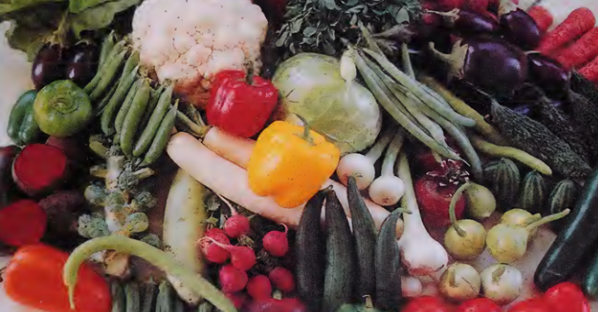What Causes Us to Overeat in terms of weight gain and weight loss?

What Causes Us to Overeat in terms of weight gain and weight loss?
Overeating is an extremely common problem that almost everyone has faced at some point in their relationship with food.
We overeat for an infinite number of different reasons that range from stress to pleasure to prolonged nutrient deficiency.
But there are also some common patterns in overeating, and being aware of these patterns can help take steps in another direction.
External Overeating
- External overeating means overeating as a result of too much emphasis on food stimuli or situations that are all around you.
- We live in a culture that surrounds itself with food, not only in gas station food marts and community gatherings but also in television commercials, billboards, and advertising of every kind.
- The more wrapped up we get in these cues, the more likely we are to overeat.
- In research studies of external overeating, the presence of fast foods, convenience foods, and other instantly available pre-packaged foods is linked with the tendency to overeat.
- The World’s Healthiest Foods while very simple to obtain and prepare are not “instantly available.”
- Enjoying them as the main components of your daily meal plan takes a little bit of effort.
- This little bit of effort may pay big dividends by limiting your risk of external overeating.
Restriction-Triggered Overeating
- The best-researched pattern when it comes to overeating may be the pattern that is referred to as restriction-triggered overeating.
- In this pattern, there is a rebellion that goes on inside of us when we have put too severe limits on the foods, we allow ourselves to eat.
- The more unreasonably we restrict ourselves, the greater our risk of overeating.
- In some cases, researchers have speculated that a specific region of our brain, called the ventromedial prefrontal cortex (VmPFC), may be involved in this pattern of restriction-triggered overeating.
- The VmPFC is partially responsible for our ability to consider long-term consequences when making an immediate decision.
- Individuals with damage to this region of their brain more often make decisions that focus only on the here and now, without figuring out how to make long-term consequences work to their advantage.
- Overly restrictive diets may put us in the same kind of predicament: we will tend to forget about the long-term aspects of weight loss and lifelong health and instead think only about all of the foods we’ve missed out on in the past 24 hours.
Emotional Overeating
- Our moods can contribute to our risk of overeating.
- Research studies in this area repeatedly show that negative moods result in a greater risk of overeating.
- These negative moods can include fear, sadness, anger, resentment, frustration, and stress.
- Sometimes a diet can trigger a negative mood all by itself if the daily food plan is too restrictive, not enjoyable, or lacking in creativity.
- With fresh, whole, natural foods and delicious recipes that are simple to prepare, you are likely to lower your risk of a negative mood triggered by diet alone.
- Of course, for other sources of negative moods like work problems, relationship problems, or ongoing stress it’s important to start working out better lifestyle solutions in these areas.
The Subtle Nature of Overeating
- Most individuals do not overeat by consuming vast amounts of food that look ridiculous to the naked eye.
- They overeat by making fairly small errors in judgment about portion size.
- A 20-calorie mistake each day can result in a weight gain of approximately one pound every six months, and a 20-calorie mistake is exceptionally easy to make.
- For example, since a single cashew nut contains about 10 calories, a person who ate 12 cashew nuts each day and believed that he or she only ate 10 nuts would be a person 20 calories off, and one pound heavier every six months.
Overeating Due to Misjudgment
- Overeating does not necessarily mean huge portion sizes that look ridiculously large on your plate.
- It does not necessarily mean second or third helpings either.
- When it comes to weight management, most people have a difficult time estimating the amount of food they are eating.
- A fairly small error in judgment can be the difference between weight loss and weight gain.
- For example, let’s say you consume a salad five days each week, and you think you are using one tablespoon of oil and vinegar dressing on the salad when in fact you are using two tablespoons.
- over one year, this difference of one tablespoon will add up to 31,200 calories or nine pounds of weight!
Overeating Is Partly Natural
- Eating too much of a tasty food is not only common but also natural.
- It’s natural to want more when a food is delicious.
- If you judge strictly by the response of your taste buds, you’ve got a good chance of overeating.
- In addition to delicious taste, I know that an optimal supply of nutrients is critical for avoidance of overeating.
- No foods can provide you with a greater variety of nutrients or a greater quantity of nutrients than the ones you have carefully selected from natural sources.








